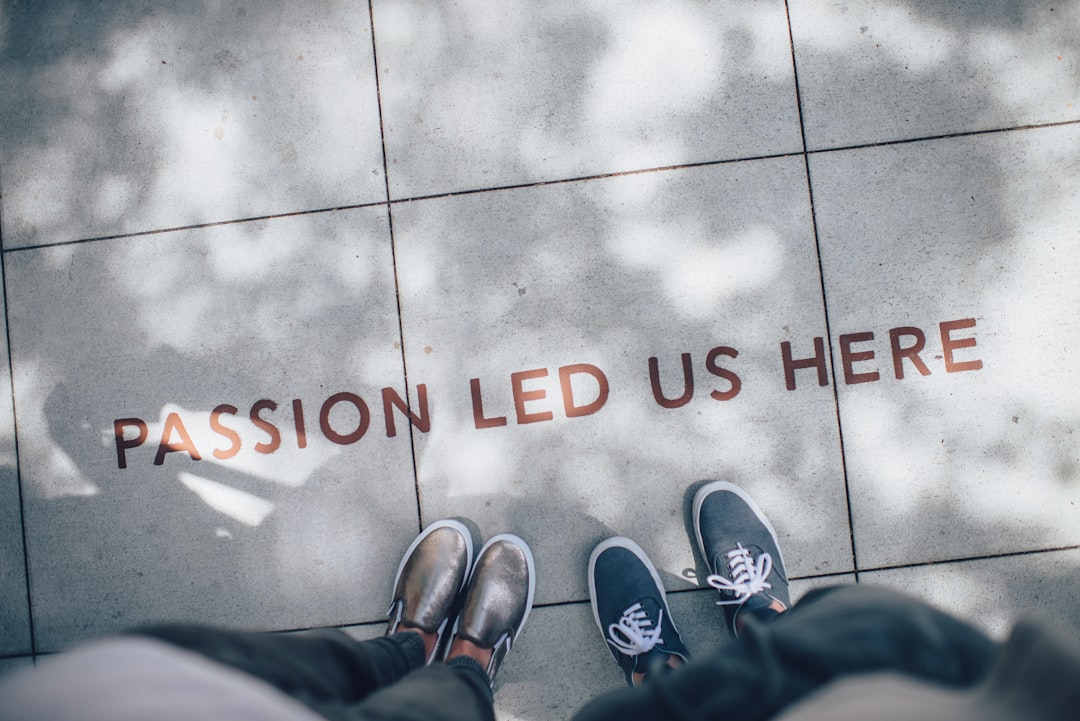
Essential Travel Tips for Budget Travelers.
# Introduction. Traveling on a budget doesn’t mean that you have to compromise on experiences or miss out on amazing destinations. With the right planning and tips up your sleeve, you can enjoy enriching experiences, local flavors, and the culture of your chosen destinations without breaking the bank. In this blog post, we will explore essential travel tips for budget travelers, ensuring you make the most of your money while enjoying memorable adventures around the world. # 1. Plan Ahead to Save More. Planning is key when it comes to budget travel. By planning your trip in advance, you can score great deals on flights and accommodations. Use apps and websites like Skyscanner or Google Flights for flight comparison and watch out for fare alerts. Additionally, consider traveling in the shoulder season—this is the time just before or after the peak tourist season where prices are lower, and locations are less crowded. Once you know your travel dates, research and book your accommodations wisely. Look for budget-friendly options such as hostels, guesthouses, or short-term rentals. Websites like Airbnb or Hostelworld can help you find great deals while also allowing you to experience destinations like a local. Remember to read reviews to ensure you have a comfortable place to stay. # 2. Embrace Local Transportation. When in a new city, you might be tempted to ride in taxis or hire private cars for convenience. However, that can quickly eat into your budget. Instead, embrace local transportation methods. Cities often have efficient public transport systems, including buses and metros, that can help you move around while keeping your travel costs low. In many places, you also have the option to bike or walk. Not only is this economical, but it's also a fantastic way to soak in the local sights and sounds. Use apps like Google Maps to navigate public transport routes or cycle paths, and don't hesitate to ask locals for the best ways to get around. # 3. Prioritize Free or Low-Cost Attractions. A significant portion of your travel budget can go towards attractions and experiences. Fortunately, many destinations have a plethora of free or low-cost activities to enjoy. Before your trip, research local attractions that don’t cost a dime—museums with free entrance days, community events, or guided walking tours offered by locals. Often, cities have parks, galleries, and cultural centers that provide unique experiences for little to no cost. Look for free walking tours, which often operate on a tip-based system, allowing you to learn from knowledgeable guides without spending a fortune. Visiting farmers' markets or community festivals can also provide insights into local culture at no cost. # 4. Seek Out Local Cuisine. Sampling local cuisine is an integral part of travel, but dining out can accumulate hefty expenses. Instead of frequenting fancy restaurants, look for local eateries that offer authentic flavors at reasonable prices. Street food is often delicious and inexpensive, providing you with a true taste of the culture without emptying your wallet. Additionally, dining at lunch often proves more affordable than dinner, as many restaurants offer lunch specials. Research meals that locals prepare at home, you may even find affordable cooking classes where you not only learn to cook local dishes but also dine in an authentic setting without the premium restaurant prices. # 5. Use Technology to Save Money. In today’s digital age, your smartphone can be an invaluable tool for saving money while traveling. From apps that help you find the best deals on accommodations to travel planning apps that bundle flights, hotels, and car rentals, technology is your ally. Consider using travel apps like Skyscanner, Hopper, or Kayak for flight alerts and tracking the best prices. Location-specific apps can provide you with restaurant recommendations, discounted entry passes, or even free events happening in your area. Staying connected through Wi-Fi can help you bypass data charges and keep your travel expenses in check. # Conclusion. With a little creativity and planning, traveling on a budget can lead to incredible experiences that money can’t buy. By planning ahead, using local transport, and enjoying free attractions, budget travelers can truly immerse themselves in the destinations they visit without worrying about overspending. Remember, it's not about how much you spend, but the moments and memories you create during your journeys. So pack your bags and hit the trails with these budget-savvy tips in mind! .








